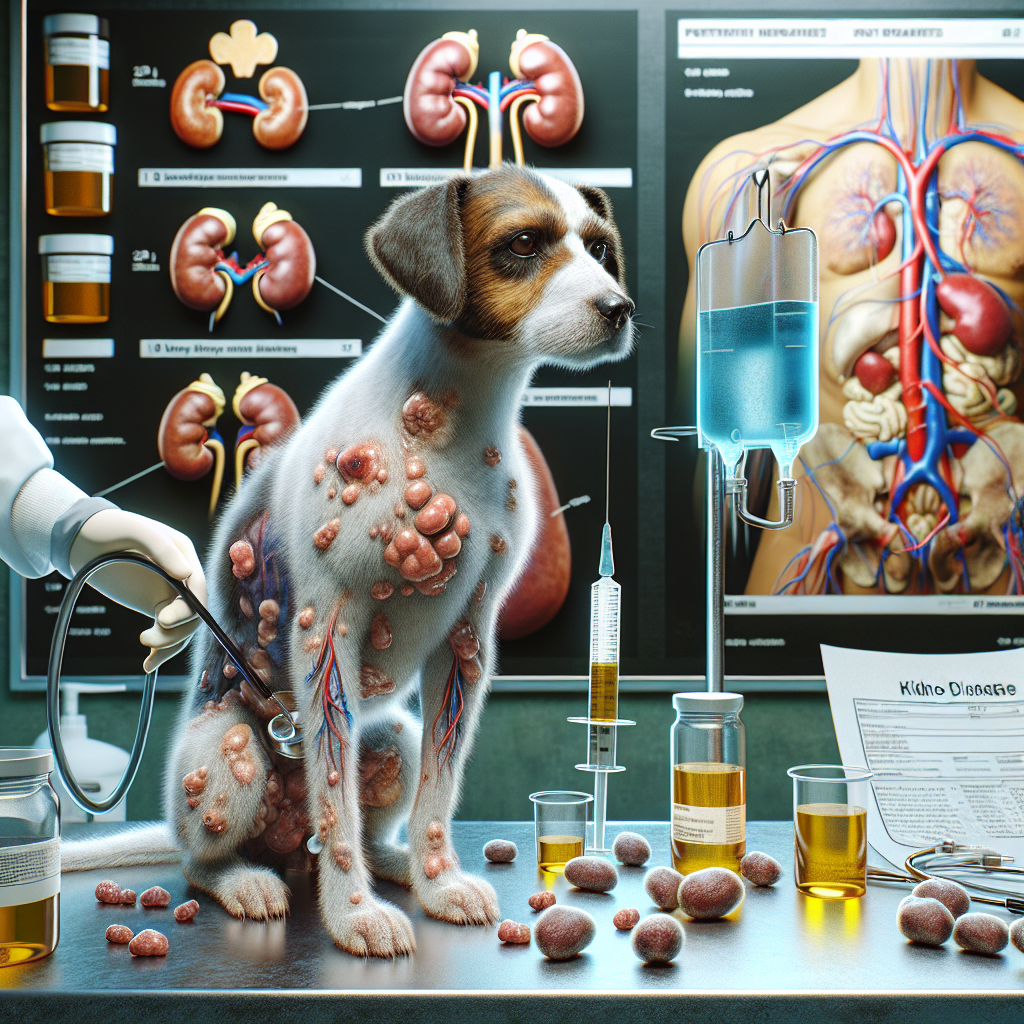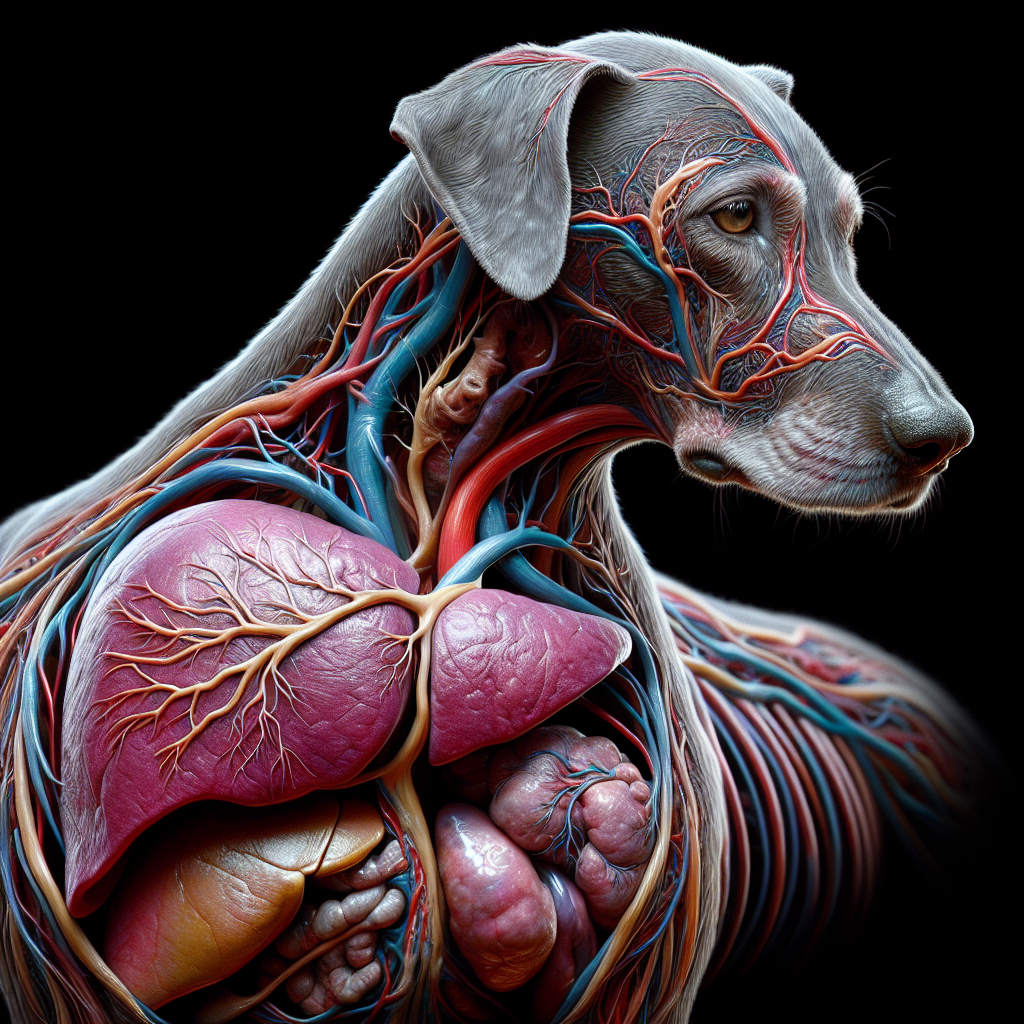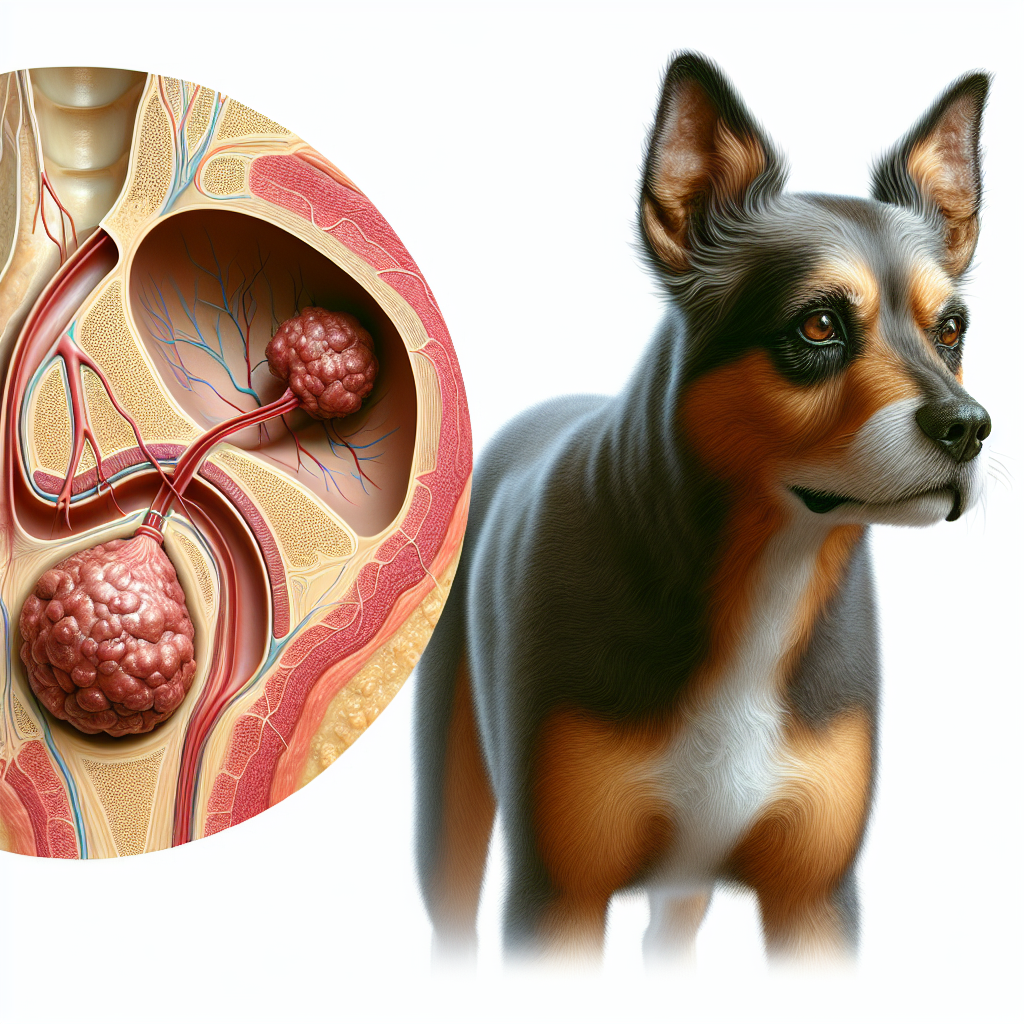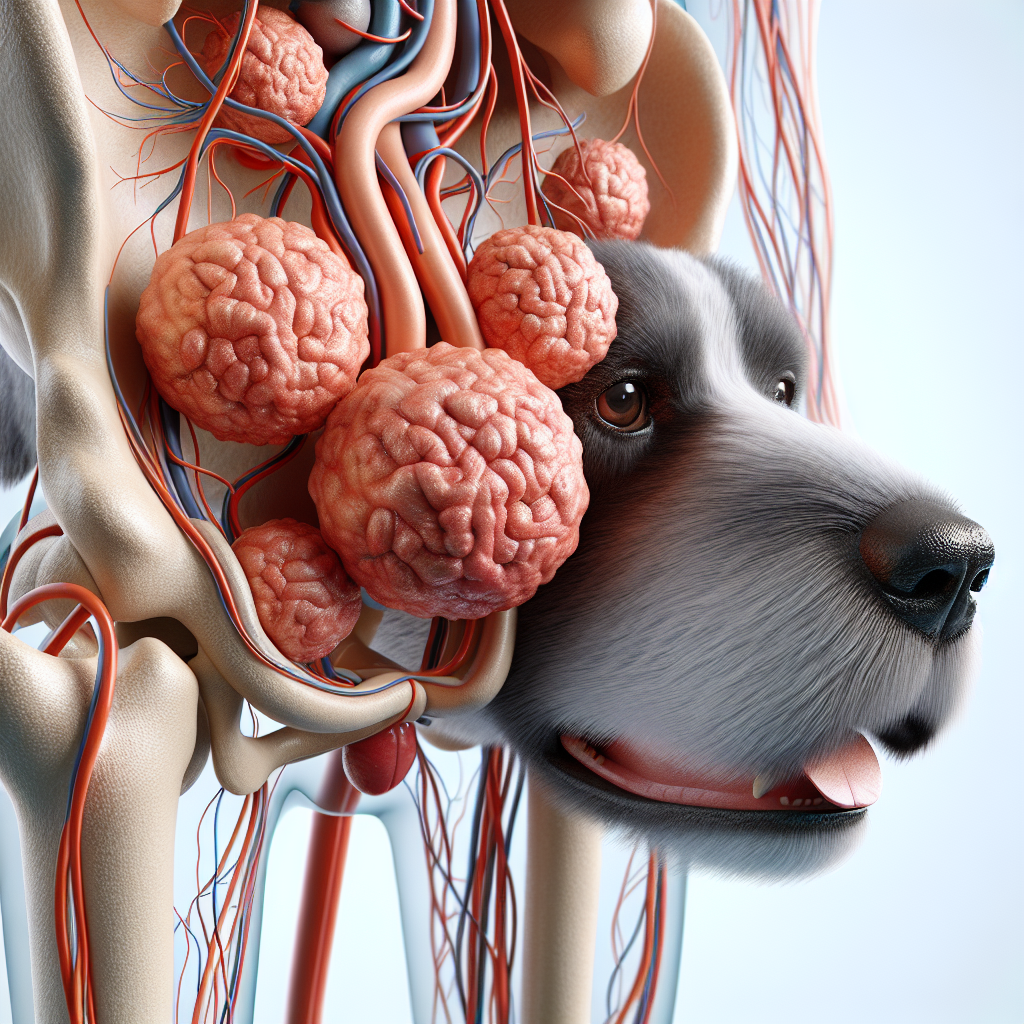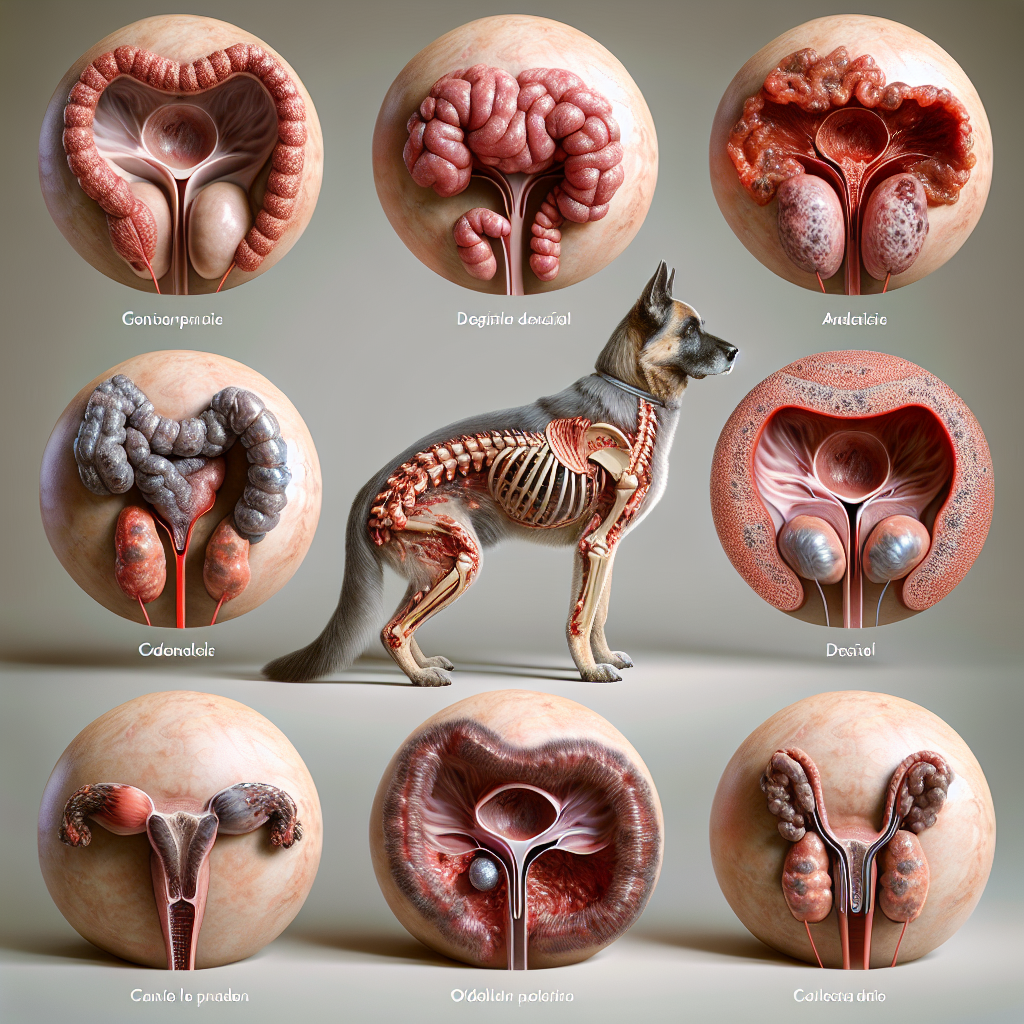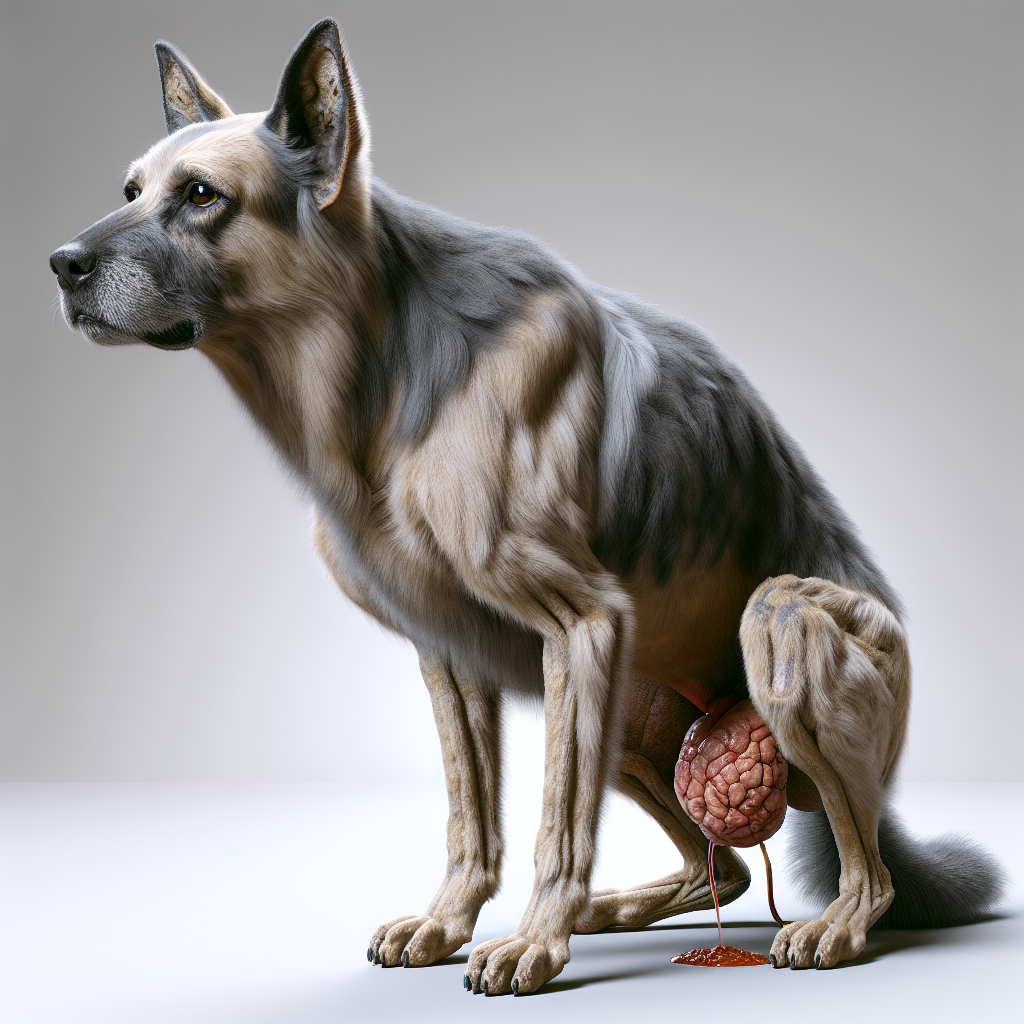Understanding Liver Disease in Dogs
When it comes to the health of our beloved canine companions, understanding liver disease is crucial. The liver plays a vital role in a dog’s overall well-being, and any issues with this organ can have serious consequences. In this section, we will explore the causes of liver disease and the different types of liver conditions that can affect dogs.
Causes of Liver Disease
Liver disease in dogs can have various causes, including aging, genetics, infection, trauma, certain diseases, and medications. It is important to note that liver disease can be a primary problem with the liver itself or secondary to other medical conditions. Routine blood work and physical examinations can help in early detection of liver issues. Additionally, bacterial and viral infections, toxicity, congenital defects, and cancer can also contribute to liver disease in dogs. Understanding the underlying cause is crucial for appropriate treatment and management (GoodRx).
Types of Liver Conditions
Liver disease in dogs is a broad term that encompasses various conditions leading to the malfunction or improper functioning of the liver. These conditions can cause inflammation and damage to the liver. There are two main types of liver conditions that can affect dogs: chronic liver disease and acute liver failure.
-
Chronic liver disease: This type of liver disease develops gradually and is often caused by ongoing health conditions such as cancer or diabetes. It can be a result of long-term damage to the liver and can lead to progressive liver dysfunction if not managed properly.
-
Acute liver failure: Acute liver failure is a sudden and severe condition that requires immediate medical attention. It can occur due to various factors, including poisoning, infectious diseases, or adverse reactions to medications. Prompt diagnosis and treatment are essential in these cases to prevent further complications and save the dog’s life.
Understanding the causes and types of liver conditions in dogs is crucial in order to recognize the symptoms and seek timely veterinary care. In the following sections, we will explore the signs of liver disease and the diagnostic tests used to identify and manage these conditions.
Recognizing Symptoms
When it comes to liver disease in dogs, early detection is key to ensuring prompt treatment and management. Understanding the signs and symptoms associated with liver disease can help dog owners identify potential issues and seek veterinary care in a timely manner. In this section, we will explore the early signs of liver disease and specific symptoms to watch for.
Early Signs of Liver Disease
Symptoms of liver disease in dogs can be non-specific in the early stages, making detection challenging. However, being aware of these early signs can help dog owners recognize potential liver issues. Some common early signs of liver disease in dogs include:
- Lethargy and decreased energy levels
- Loss of appetite and weight loss
- Vomiting and diarrhea
- Increased thirst and urination
- Changes in behavior or personality
- Abdominal discomfort or pain
It is important to note that these symptoms can also overlap with other health issues, so it’s crucial to consult with a veterinarian for an accurate diagnosis.
Specific Symptoms to Watch for
As liver disease progresses, more specific symptoms may develop. These symptoms can vary depending on the severity and underlying cause of the liver disease. Some specific symptoms to watch for include:
- Jaundice: Yellowing of the skin, eyes, and gums (ASPCA Pet Insurance)
- Neurological problems: Disorientation, lack of coordination, seizures, or other abnormal behaviors (Merck Veterinary Manual)
- Ascites: Fluid accumulation in the abdomen (Merck Veterinary Manual)
- Changes in liver size: Enlargement or shrinkage of the liver
- Blood clotting problems: Increased bleeding or bruising
- Fever: Elevated body temperature
- Stomach ulceration: Digestive system abnormalities
- Excessive thirst and urination: Increased water intake and frequent urination
If you notice any of these specific symptoms in your dog, it is crucial to seek veterinary attention promptly.
Recognizing the early signs and specific symptoms of liver disease can help dog owners take appropriate action and ensure their canine companions receive the necessary care. Remember, if you suspect liver disease or notice any concerning symptoms in your dog, consult with a veterinarian for a proper diagnosis and treatment plan. Early detection and intervention can greatly improve the outcome for dogs with liver disease.
Diagnosing Liver Issues
When it comes to diagnosing liver issues in dogs, a thorough veterinary examination and diagnostic tests play a crucial role in determining the underlying cause and severity of the condition.
Veterinary Examination
During a veterinary examination, the veterinarian will start by discussing your dog’s medical history, including their diet and any medications they may be taking. This information helps the veterinarian assess potential risk factors and identify potential causes of liver disease. The vet will also perform a physical examination, looking for any visible signs of liver disease such as jaundice (yellowing of the skin and eyes), ascites (abdominal swelling), or neurological abnormalities consistent with hepatic encephalopathy (Veterinary Practice).
Diagnostic Tests for Liver Disease
To further evaluate the liver condition, the veterinarian may recommend diagnostic tests. These tests help assess liver function, identify any abnormalities, and determine the extent of liver damage. Common diagnostic tests for liver disease in dogs include:
-
Blood tests: A variety of blood tests can be useful in detecting and diagnosing liver disease in dogs. These tests may include liver enzyme tests, which measure the levels of enzymes produced by the liver. Abnormal levels can indicate liver dysfunction. Additionally, blood tests can measure bilirubin levels, which may be elevated in liver disease (Merck Veterinary Manual). Measurement of bile acids should be considered the primary test to assess liver function in a non-jaundiced dog.
-
Imaging tests: X-rays and ultrasonography are commonly used imaging tests to evaluate the liver. X-rays can help determine liver size and identify any irregularities. Ultrasonography provides a more detailed view of the liver and can help detect diseases of the gallbladder and find gallstones or other abnormalities (Merck Veterinary Manual).
-
Biopsy: In some cases, a liver biopsy may be necessary to obtain a small sample of liver tissue for further testing. The biopsy can help determine the specific cause of liver disease and guide treatment options. Biopsies are typically performed under anesthesia, and the samples are examined under a microscope by a veterinary pathologist.
The combination of these diagnostic tests allows veterinarians to gather valuable information about the liver’s function and structure, aiding in the diagnosis and treatment of liver disease in dogs. It’s important to work closely with your veterinarian to ensure a comprehensive evaluation of your dog’s liver health.
For more information on the treatment options for liver disease in dogs, continue reading our article on treatment options.
Treatment Options
When it comes to managing liver disease in dogs, early detection and treatment are crucial for a successful outcome. The specific treatment options for liver disease in dogs depend on the underlying cause and the stage of the disease. Close collaboration with a veterinarian is essential to develop an effective treatment plan and prevent liver failure.
Managing Liver Disease
The management of liver disease in dogs involves a combination of medical interventions, dietary changes, and supportive care. The primary goals of managing liver disease are to reduce inflammation, promote liver regeneration, alleviate symptoms, and prevent further damage to the liver.
Diet plays a significant role in managing liver disease in dogs. A veterinarian may recommend a specialized diet that is low in copper, high in quality protein, and easily digestible. This helps reduce the workload on the liver and provides adequate nutrition. It’s important to strictly adhere to the prescribed diet and avoid feeding the dog any additional treats or table scraps that could worsen the condition.
In some cases, medications may be prescribed to address specific symptoms or underlying causes of liver disease. These medications may include antibiotics to treat infections, anti-inflammatory drugs to reduce inflammation, and medications to support liver function and promote bile flow. It’s essential to follow the veterinarian’s instructions regarding medication dosage and administration.
Medications and Therapies
Depending on the severity of the liver disease and the dog’s individual needs, additional therapies may be recommended to support liver function and overall health. These may include:
-
Antioxidant therapy: Antioxidants such as vitamin E and vitamin C may be prescribed to reduce oxidative stress and promote liver cell health.
-
Nutritional supplements: Certain nutritional supplements, such as milk thistle and SAMe (S-adenosylmethionine), may be beneficial in supporting liver function and regeneration.
-
Fluid therapy: In cases where a dog is experiencing dehydration or electrolyte imbalances, fluid therapy may be administered to restore balance and improve overall well-being.
-
Regular monitoring: Dogs with liver disease require regular monitoring through blood tests and physical examinations to assess liver function, adjust treatment plans, and detect any potential complications.
To help prevent and manage liver disease in dogs, it’s important to address any underlying health conditions that may contribute to liver damage. For example, if a dog has congestive heart failure or kidney disease, managing those conditions can help alleviate the burden on the liver and support its function.
By closely following the prescribed treatment plan, providing a nutritious diet, and maintaining regular veterinary check-ups, dog owners can effectively manage liver disease and improve their canine companion’s quality of life. Remember, each dog’s condition is unique, and treatment plans should be tailored to their specific needs.
Preventing Liver Disease
Preventing liver disease in dogs is crucial for maintaining their overall health and well-being. By taking proactive measures and following certain guidelines, dog owners can significantly reduce the risk of liver disease in their canine companions. Here are some important tips for prevention:
Tips for Prevention
-
Regular Veterinary Check-ups: Regular veterinary check-ups are essential for monitoring your dog’s liver health. During these visits, the veterinarian can conduct routine blood work and physical examinations to detect any early signs of liver disease. Timely detection can help in implementing appropriate measures to prevent the progression of liver issues.
-
Vaccinations: Keeping your dog up to date with vaccinations is an important part of preventive care. Vaccines help protect against viral infections, such as canine infectious hepatitis, which can have detrimental effects on the liver. Consult with your veterinarian to ensure your dog receives the necessary vaccinations to safeguard their liver health.
-
Medication and Diet: Be cautious with the medications you give to your dog. Certain medications, including some pain relievers, can be harmful to the liver. Always follow your veterinarian’s instructions and avoid giving your dog any medications without professional guidance. Additionally, provide a well-balanced and nutritious diet to support overall liver function.
-
Avoid Toxic Substances: Dogs should be kept away from toxic substances that can damage the liver. This includes household chemicals, certain plants, and insecticides. Take precautions to create a safe environment for your dog and prevent accidental ingestion of harmful substances.
-
Exercise and Weight Management: Regular exercise and maintaining a healthy weight are important for your dog’s liver health. Obesity can contribute to liver disease, so it’s crucial to provide your dog with regular physical activity and a well-balanced diet to help prevent weight-related liver issues.
Regular Veterinary Check-ups
Regular veterinary check-ups play a vital role in the prevention of liver disease in dogs. These visits allow the veterinarian to assess your dog’s overall health, including liver function. Routine blood work can help monitor liver enzymes and detect any abnormalities early on. By identifying potential liver issues in their early stages, appropriate interventions can be implemented to prevent the progression of liver disease.
By following these preventive measures, dog owners can help ensure the liver health of their canine companions. It’s important to remember that each dog is unique, and consulting with a veterinarian is crucial for tailored advice and guidance based on your dog’s specific needs. By being proactive and taking steps to prioritize liver health, you can significantly reduce the risk of liver disease in your beloved furry friend.
Breeds at Risk
Liver disease in dogs can affect any breed, but certain breeds are more predisposed to specific liver conditions. Being aware of these breed-specific risks can help dog owners and veterinarians in early detection and management of liver diseases. Here are some breeds that are at a higher risk for liver disease:
Predisposed Breeds
-
Yorkshire Terriers, Schnauzers, Golden Retrievers, Labrador Retrievers, Poodles, and German Shepherds: These breeds are prone to copper storage disease, a condition where copper accumulates in the liver, leading to damage. Puppies can also be born with liver shunt, a genetic condition affecting blood circulation in the liver.
-
Bedlington Terriers, Doberman Pinschers, Skye Terriers, and West Highland White Terriers: These breeds are predisposed to copper storage disease, which can result in chronic hepatitis.
Genetic Factors and Liver Health
In addition to breed predispositions, a study identified several breeds that are more likely to develop chronic hepatitis, a common liver disease in dogs. Here are some of the findings:
-
Labrador Retrievers: This breed was found to be 2.1 times as likely to develop liver disease compared to the average dog. The median age of diagnosis for chronic hepatitis in Labradors was 8 years and 3 months (PetSci).
-
Dalmatians: Dalmatians were found to be 2.5 times as likely to develop chronic hepatitis, with a median age of diagnosis at 4 years and 7 months.
-
English Springer Spaniels: English Springer Spaniels were identified as the breed most likely to develop liver problems, being 9.4 times as likely to develop chronic hepatitis. The median age of diagnosis for chronic hepatitis in English Springer Spaniels was 5 years, the lowest median age among the nine breeds studied.
It’s important to note that while these breeds may have a higher predisposition to liver diseases, individual dogs within these breeds can still remain healthy. Regular veterinary check-ups and monitoring, along with a proper diet and lifestyle, can help manage and mitigate the risks associated with liver disease. If you suspect your dog may be at risk or are noticing any symptoms of liver disease, consult with your veterinarian for proper diagnosis and guidance.







